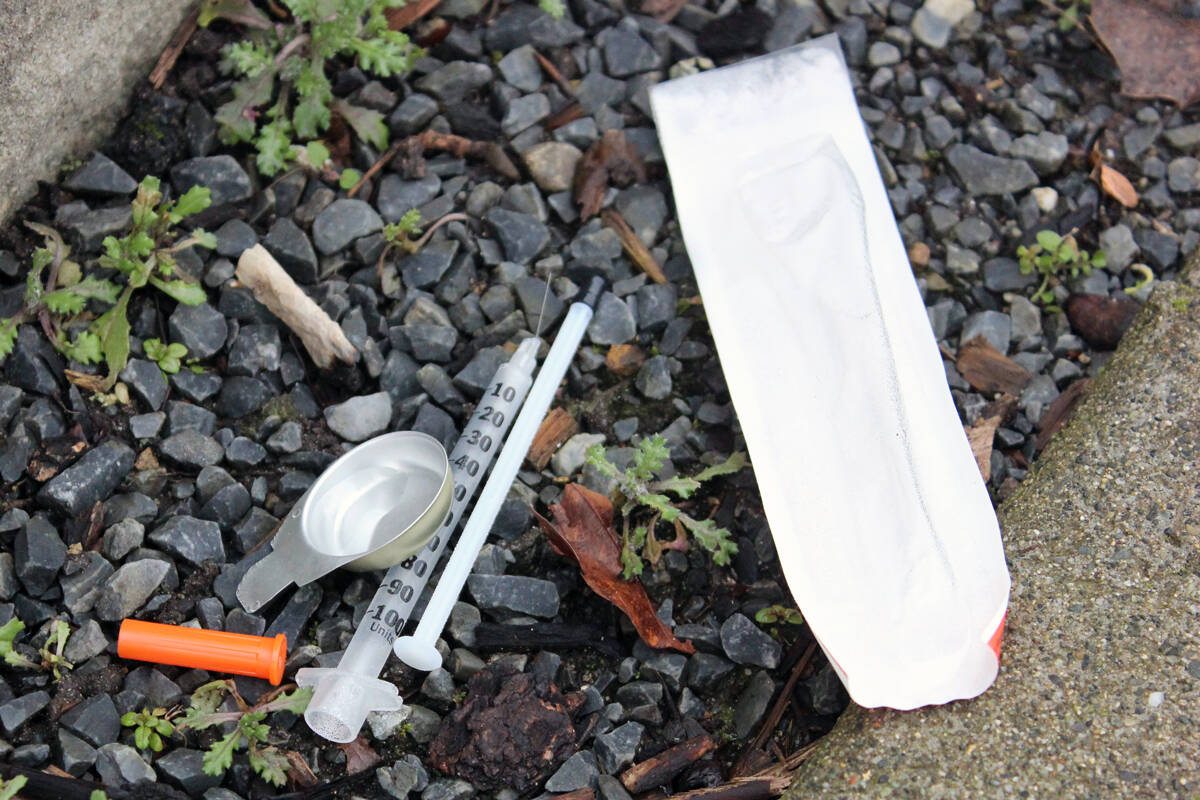Washington state’s amended drug law went into effect on Aug. 17, more than two years after the state Supreme Court’s State v. Blake decision, which ruled the state’s drug possession law to be unconstitutional.
The State v. Blake decision ruled that the lack of a requirement to prove knowledge of possession did not force the state to prove criminal intent, violating the defendant’s right to due process.
In response to the State v. Blake decision, the Legislature passed ESB 5476 in 2021, which in part modified statutes prohibiting the possession of a controlled substance, counterfeit substance, legend drug, or 40 grams or less of cannabis, to require proof of knowing possession of the prohibited substances.
Under ESB 5476, these offenses were classified as misdemeanor crimes, punishable by up to 90 days in jail, a $1,000 fine, or both. Prosecutors are encouraged to divert such cases for assessment, treatment and other services. The modifications to these possession statutes were set to expire on July 1, 2023.
The legislation also provided that, in lieu of booking individuals arrested for simple possession in jail, prosecutors and law enforcement must offer the individual a referral to assessment and treatment for the individual’s first two arrests and may, but are not required, to continue to offer a referral to assessment and treatment for any subsequent arrest for simple possession.
Now, under the newly adopted law, it is a gross misdemeanor to knowingly have or use illegal drugs in public. Providing a referral or diversion option is no longer required, although officers have discretion in this regard, based upon the totality of the circumstances.
The new law was adopted by state lawmakers and makes drug possession a gross misdemeanor punishable by up to 180 days in jail for the first two offenses, and up to one year on the third. The Legislature encourages assessment, treatment, diversion, therapeutic courts, and jail alternatives as options for those arrested for simple possession, and for those who are agreeing to participate in meaningful alternatives to prosecution.
The amended bill also comes with more than $60 million to expand treatment services across the State of Washington, and bolster access to public defenders for individuals who are charged with drug possession violations.
Talk to us
Please share your story tips by emailing editor@kentreporter.com.
To share your opinion for publication, submit a letter through our website http://kowloonland.com.hk/?big=submit-letter/. Include your name, address and daytime phone number. (We’ll only publish your name and hometown.) Please keep letters to 300 words or less.

